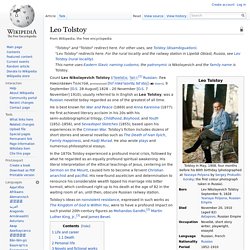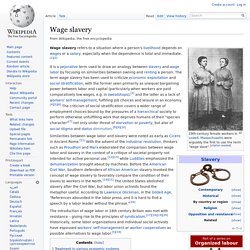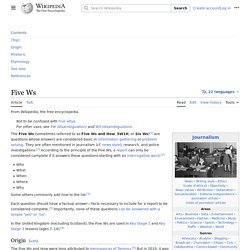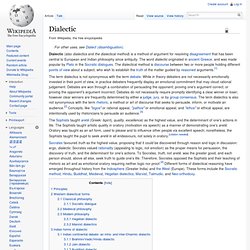

John D. Rockefeller. American Ruling Class. Carnegie. Chautauqua. Noam Chomsky. Leo Tolstoy. Count Lev Nikolayevich Tolstoy (/ˈtoʊlstɔɪ, ˈtɒl-/;[1] Russian: Лев Никола́евич Толсто́й, pronounced [lʲɛf nʲɪkɐˈlaɪvʲɪtɕ tɐlˈstoj]; 9 September [O.S. 28 August] 1828 – 20 November [O.S. 7 November] 1910), usually referred to in English as Leo Tolstoy, was a Russian novelist today regarded as one of the greatest of all time.

In the 1870s Tolstoy experienced a profound moral crisis, followed by what he regarded as an equally profound spiritual awakening. His literal interpretation of the ethical teachings of Jesus, centering on the Sermon on the Mount, caused him to become a fervent Christian anarchist and pacifist. His new-found asceticism and determination to renounce his considerable wealth tipped his marriage into bitter turmoil, which continued right up to his death at the age of 82 in the waiting room of an, until then, obscure Russian railway station. Life and career Death Tolstoy's grave with flowers at Yasnaya Polyana.
Tolstoy died in 1910, at the age of 82. Personal life.
Deadwood. Welfare. Welfare is the provision of a minimal level of well-being and social support for all citizens, sometimes referred to as public aid. In most developed countries welfare is largely provided by the government, and to a lesser extent, charities, informal social groups, religious groups, and inter-governmental organizations. The welfare state expands on this concept to include services such as universal healthcare and unemployment insurance. History[edit] Distributing alms to the poor, abbey of Port-Royal des Champs c. 1710. In the Roman Empire, the first emperor Augustus provided the 'congiaria' or grain dole for citizens who could not afford to buy food. Early Welfare programs in Europe included the English Poor Law of 1601, which gave parishes the responsibility for providing welfare payments to the poor.[5] This system was substantially modified by the 19th-century Poor Law Amendment Act, which introduced the system of workhouses.
Forms[edit] Provision and funding[edit] Wage slavery. Wage slavery refers to a situation where a person's livelihood depends on wages or a salary, especially when the dependence is total and immediate.[1][2] It is a pejorative term used to draw an analogy between slavery and wage labor by focusing on similarities between owning and renting a person.

Similarities between wage labor and slavery were noted as early as Cicero in Ancient Rome.[11] With the advent of the industrial revolution, thinkers such as Proudhon and Marx elaborated the comparison between wage labor and slavery in the context of a critique of societal property not intended for active personal use,[12][13] while Luddites emphasized the dehumanization brought about by machines. Treatment in various economic systems[edit] Adam Smith noted that employers often conspire together to keep wages low:[24]
Russia. Vernon Parrington. Abe Lincoln. Five Ws. The Five Ws, Five Ws and one H, or the Six Ws are questions whose answers are considered basic in information-gathering.

They are often mentioned in journalism (cf. news style), research, and police investigations.[1] They constitute a formula for getting the complete story on a subject.[2] According to the principle of the Five Ws, a report can only be considered complete if it answers these questions starting with an interrogative word:[3] Who did that? What happened? Where did it take place? When did it take place? Some authors add a sixth question, “how”, to the list, though "how" can also be covered by "what", "when", or "where":[3] How did it happen?
Each question should have a factual answer — facts necessary to include for a report to be considered complete.[4] Importantly, none of these questions can be answered with a simple "yes" or "no". Dialectic. Dialectic (also dialectics and the dialectical method) is a method of argument for resolving disagreement that has been central to European and Indian philosophy since antiquity.

The word dialectic originated in ancient Greece, and was made popular by Plato in the Socratic dialogues. The dialectical method is discourse between two or more people holding different points of view about a subject, who wish to establish the truth of the matter guided by reasoned arguments.[1] The term dialectics is not synonymous with the term debate. While in theory debaters are not necessarily emotionally invested in their point of view, in practice debaters frequently display an emotional commitment that may cloud rational judgement.
Debates are won through a combination of persuading the opponent; proving one's argument correct; or proving the opponent's argument incorrect. The Sophists taught aretē (Greek: ἀρετή, quality, excellence) as the highest value, and the determinant of one's actions in life.
George Orwell. Walter Lippmann. Liberal Arts Education.